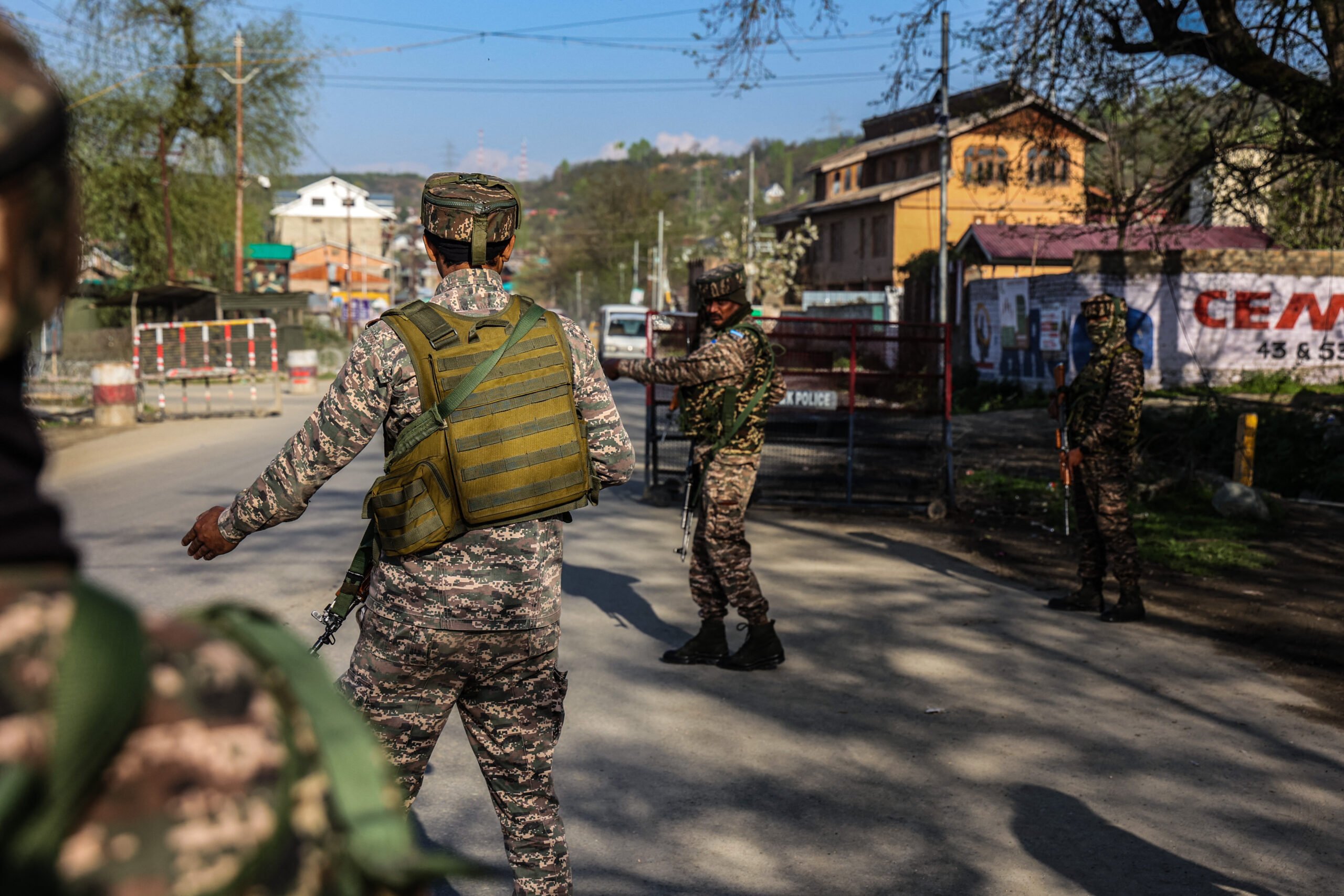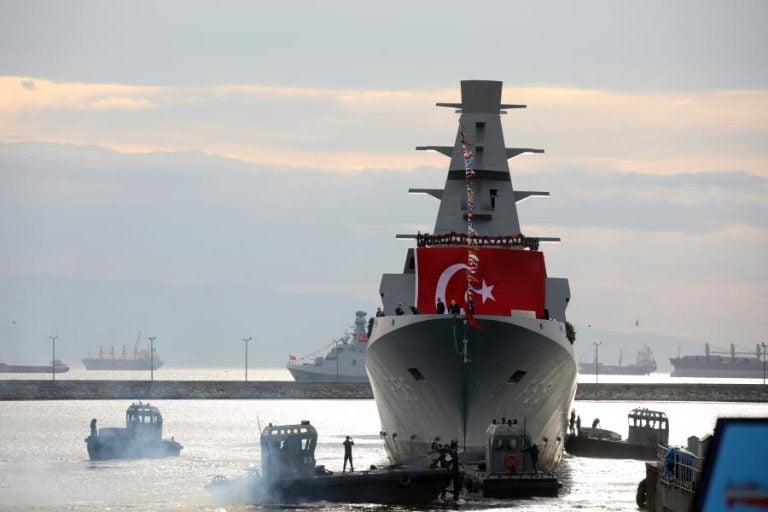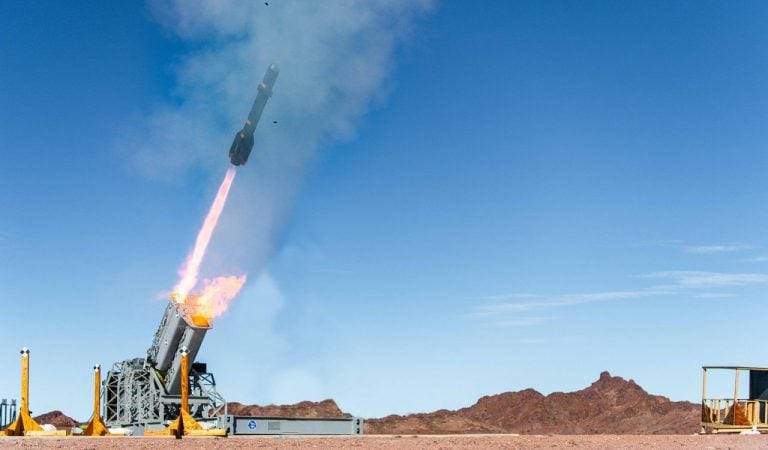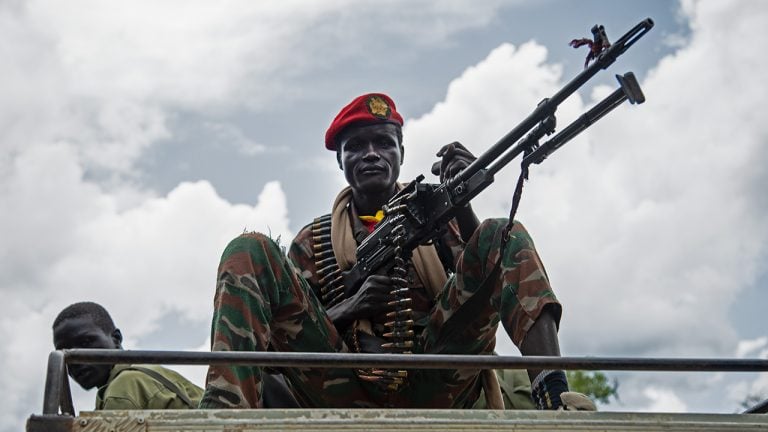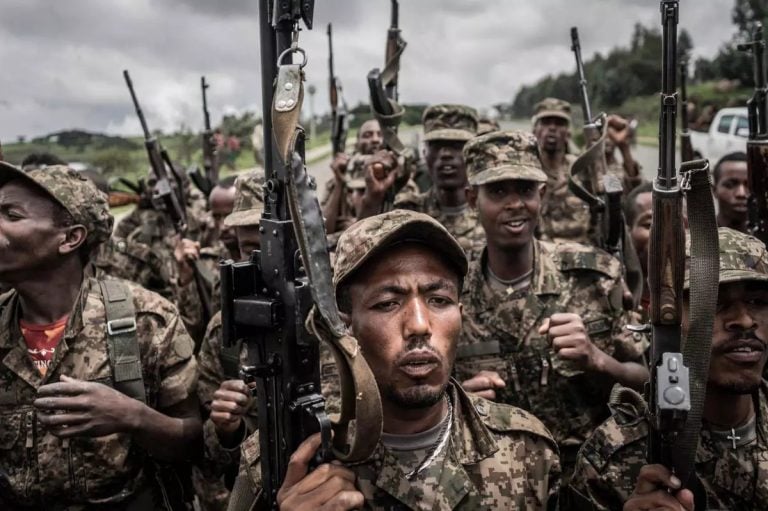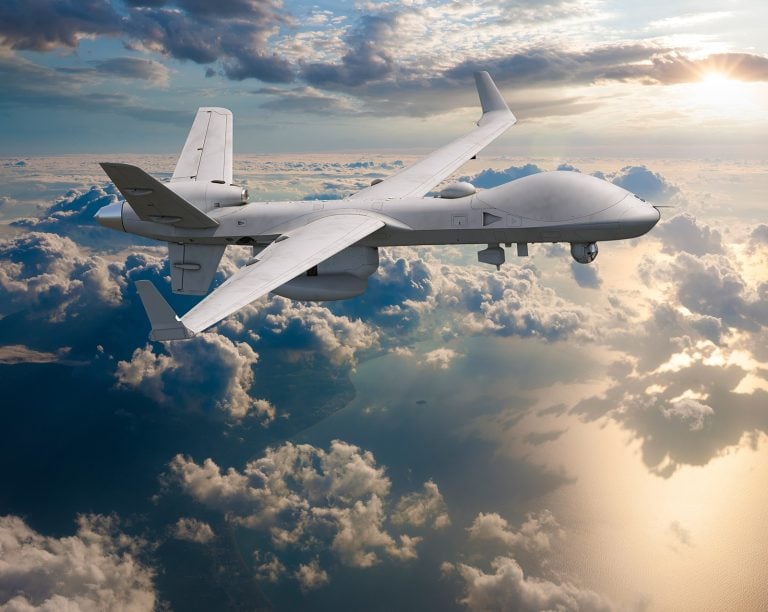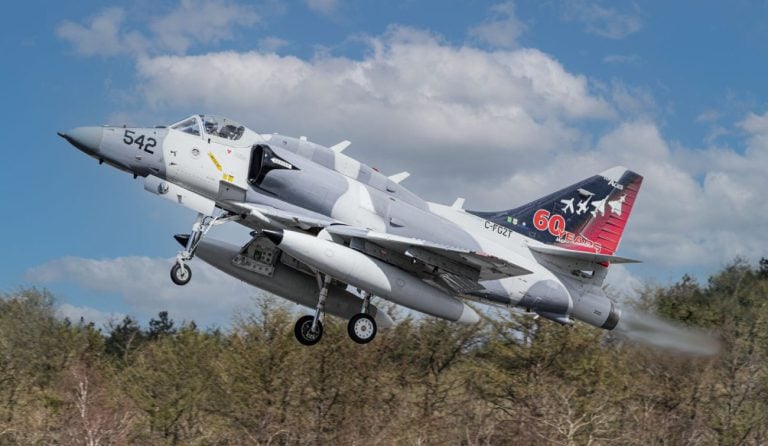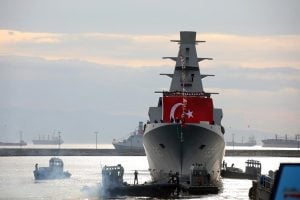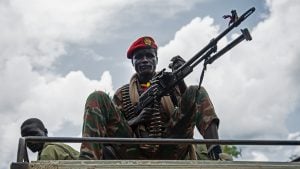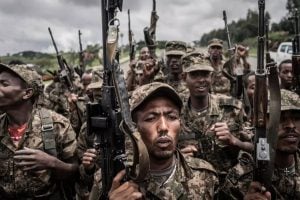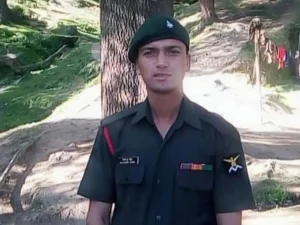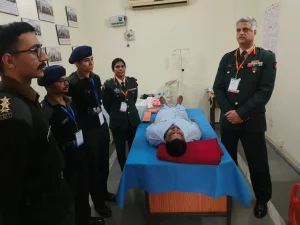India and Pakistan have intensified their military exchange along the contested frontier, following New Delhi’s recent missile strikes aimed at what it termed “terrorist camps” within Pakistan-administered territories. Reports indicate casualties on both sides, with Pakistan claiming that at least eight individuals, including a child, were killed in Indian strikes. Meanwhile, India has confirmed that three civilians were killed due to artillery fire from Pakistani forces along the de facto border in the disputed region of Kashmir.
The escalation comes in the wake of a deadly attack on April 22 in Indian-administered Kashmir, when gunmen, allegedly connected to the Pakistan-based group Lashkar-e-Taiba, targeted tourists, resulting in the deaths of 26 people, predominantly Hindu men. India accused Islamabad of instigating the assault, prompting retaliatory measures that included the recent strikes against nine locations across Pakistan-administered Kashmir and Punjab state.
Indian military officials asserted that their actions were “focused, measured, and non-escalatory,” referring to them as “precision strikes.” In contrast, Pakistan’s Defense Minister Khawaja Muhammad Asif accused Indian Prime Minister Narendra Modi of using the conflict to bolster his domestic standing, threatening further retaliation. He stated, “The retaliation has already started. We won’t take long to settle the score.”
Witness accounts from the region reveal a tense atmosphere, with individuals in both India and Pakistan experiencing immediate danger. In Muzaffarabad, the principal city in Pakistan-administered Kashmir, there were visible signs of destruction and panic among residents following the strikes. Eyewitnesses described hearing loud explosions and experiencing shelling, with one resident from the Indian town of Poonch recounting the abrupt onset of violence that left several injured.
As the situation continues to intensify, international concerns are mounting over the potential for a broader conflict between the nuclear-armed neighbors. Diplomats have urged both sides to de-escalate tensions, emphasizing that the world cannot afford a military confrontation in South Asia. UN Secretary-General António Guterres has called for “maximum restraint,” while U.S. officials, including President Donald Trump and Secretary of State Marco Rubio, have expressed hopes for a swift resolution.
Despite ongoing violence, Indian military leaders maintain that their targets were selectively chosen to avoid civilian infrastructure, insisting that no Pakistani military facilities were affected. Conversely, Pakistani Prime Minister Shehbaz Sharif condemned the Indian strikes as “unprovoked” and vowed that the aggression would not go unpunished.
In the midst of heightened military readiness, Iranian Foreign Minister Abbas Araghchi is expected to arrive in New Delhi to facilitate dialogue, following discussions in Islamabad aimed at mediating the escalating conflict. Concurrently, India plans to conduct civil defense drills, while local schools in Pakistan’s Punjab province have been closed as a precautionary measure. This complex situation underscores the fragile nature of peace in a region long affected by rivalry and distrust.
